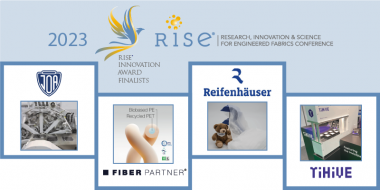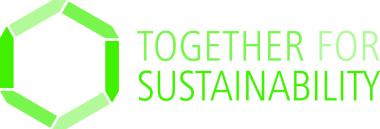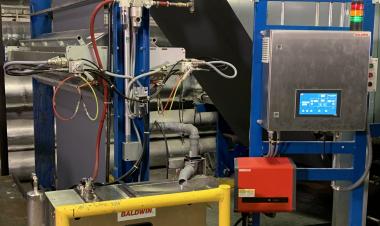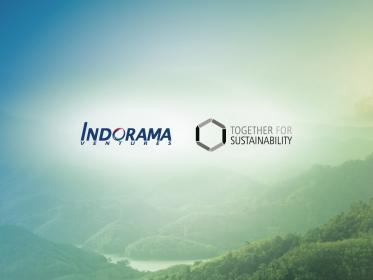ZwissTex integrates Kornit Technology in Production
Germany-based ZwissTex is a leading manufacturer of textiles with over 150 years of experience, creating innovative and sustainable textile solutions for the automotive and apparel industries. The company also operates in Mexico, to specifically serve the automotive sector across North American Free Trade Agreement (NAFTA) markets. Via OEMs, ZwissTex supplies German automakers including Volkswagen Auto Group, BMW, and Mercedes, as well as American manufacturers in select cases.
Unlike other Kornit customers, ZwissTex had no previous experience printing their own materials, and saw Kornit’s sustainable, single-step, Presto MAX S production system as an effective means of increasing their product capabilities.
“Our textiles were not classically printed in the past, and we did not produce any classical textiles in fashion, which is why we didn’t have any printing experience internally,” said Ralph Moldan, Technical Specialist at ZwissTex, as the system was being installed in their facility. “The only option was to find a system that would enable us to implement the areas in which we are active on the market easily and quickly, without requiring a lot of printing experience.”
One benefit of integrating Kornit technology into the ZwissTex production ecosystem: applying ink only where it is needed and seen, rather than to the full surface of each material. This translates to both reducing the company’s carbon footprint, and minimizing materials waste for a more cost-effective operation.
Prior to making the decision to invest in Kornit, ZwissTex conducted a series of tests and consultations, evaluating possible applications for different materials and engaging with their own key clients to ensure these finished products would meet their rigorous quality and durability standards. This included presenting Kornit-decorated samples at the Techtextil 2022 exhibition in Frankfurt.
Moldan found Kornit’s production capabilities opened new doors to customization of interior areas, a market that continues to grow. He anticipates this technology will create new opportunities with customers they could not reach previously, including new opportunities in sectors such as motor homes, airlines, and aircraft outfitters.
Kornit Digital





























